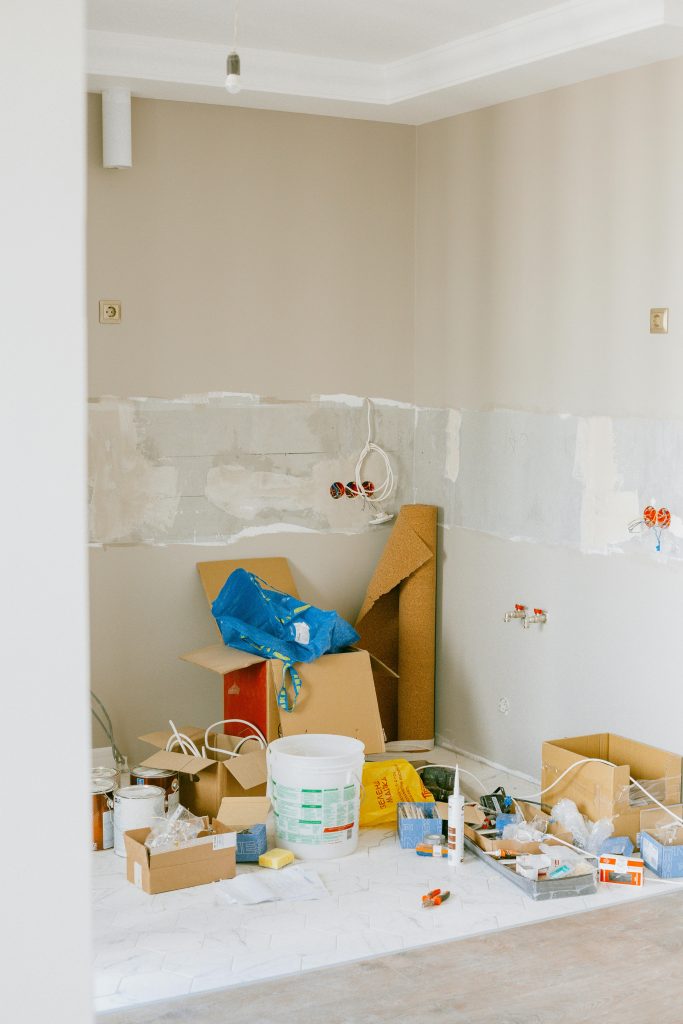Troubleshooting Persistent Windows 10 Kernel Mode Heap Corruption BSOD During Startup
Experiencing Blue Screen of Death (BSOD) errors can be a distressing experience, especially when they occur repeatedly during system startup. Recently, some users have encountered the “KERNEL_MODE_HEAP_CORRUPTION” BSOD on Windows 10, manifesting intermittently and increasingly persistently. This article explores a real-world case, analyzes potential causes, and suggests troubleshooting strategies to resolve such issues.
Background of the Issue
The user reported encountering the “KERNEL_MODE_HEAP_CORRUPTION” BSOD immediately after setting up their PC following a move to a new location. The system had been in sleep mode for over two weeks, which possibly contributed to the issue. Initially, a single occurrence was observed, and subsequent restarts appeared to resolve the problem temporarily. However, upon waking the computer and attempting network troubleshooting, the BSOD recurred consistently during each boot cycle.
Symptoms and Initial Observations
- First Occurrence: The BSOD appeared during initial setup after a prolonged period in sleep mode.
- Intermittent Recovery: The user managed to boot into Windows after several attempts, with internet connectivity restored via Wi-Fi, but Ethernet was non-functional.
- Persistent BSOD: Once triggered, the BSOD persisted across multiple restarts and system resets.
- Network Issues: Limited connectivity with Ethernet not being detected, despite working previously.
- System Environment: Running Windows 10 version 10.0.19045 on hardware featuring an Intel i5-11400F CPU, ASUS Z590 motherboard, MSI RTX 3090 GPU, and 32GB DDR4 RAM.
Analysis of Potential Causes
The “KERNEL_MODE_HEAP_CORRUPTION” BSOD is often associated with driver issues, hardware conflicts, or corrupted system files. Given the scenario, several factors might have contributed:
- Hardware Changes or Failures: Moving hardware or transitions after sleep could exacerbate existing hardware issues or cause loose connections, especially with network adapters.
- Driver Corruption or Outdated Drivers: Age or corruption of network drivers can induce system instability, leading to heap corruption.
- Memory Issues: Faulty RAM or RAM configuration problems can cause heap corruption.
- File System or System Corruption: Sudden shutdowns or improper resets might corrupt system files, leading to BSODs.
5
Share this content:



